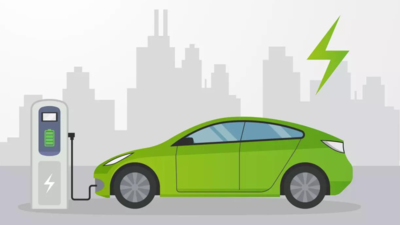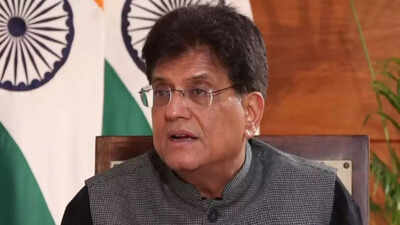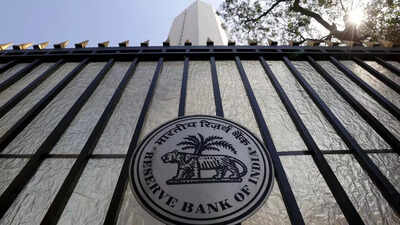Niti Aayog on Monday urged the government to formulate a National Electric Vehicle (EV) policy with clear targets and timelines to accelerate India’s shift to clean mobility, as part of its latest report titled “Unlocking a USD 200 Billion Opportunity: Electric Vehicles in India.“The report, released by Niti Aayog member Rajiv Gauba, called for a phased regulatory framework and Zero Emission Vehicle (ZEV) mandates. “Establish a national EV policy with clear targets and timelines… Announce a clear policy, with target timelines, for Zero Emission Vehicle (ZEV) adoption,” the Aayog recommended, PTI reported.It further proposed expanding corporate average fuel efficiency (CAFE) norms to a wider vehicle segment and disincentivising internal combustion engine (ICE) vehicles. “Design a progressively more stringent plan for mandating the production and purchase of EVs and disincentivising the continued use/production of internal combustion engine vehicles,” the report said.The Aayog suggested that the time was right to transition from financial incentives to mandates and disincentives, noting that incentives have already delivered initial results. It also called for focusing policy efforts on vehicle segments with the highest potential for EV adoption, supported by a robust ecosystem.To improve affordability, especially for commercial transport, the report proposed a pooled fund comprising public and multilateral development bank contributions to offer low-interest loans for e-bus and e-truck procurement. The Aayog further emphasised prioritising service delivery models over asset ownership, while scaling R&D to reduce battery costs, enhance energy density, and cut reliance on imported rare earths.“Strategic scaling of charging infrastructure and enhancing public awareness and information systems are critical enablers,” the report said. It also recommended promoting battery leasing models to lower capital costs for EV buyers.Among the actionable suggestions was a proposal to “design a new programme to saturate five cities with 100% e-buses, e-para-transit, and e-freight vehicles in urban areas.”A key concern raised was the lack of reliable VAHAN data across EV categories, which, the report noted, impedes policy design, subsidy targeting, and progress tracking.Launching the report, Rajiv Gauba said, “India stands at the cusp of a transformative shift in clean mobility.” He added that the findings offer valuable insights and policy-aligned recommendations to overcome current barriers and unlock scale.Niti Aayog CEO BVR Subrahmanyam said the think tank has played a central role in enabling the EV transition so far. “This report offers a timely and comprehensive review of current challenges, alongside actionable recommendations to fast-track the EV transition in India,” he said.India aims to achieve 30% EV penetration by 2030, but progress has been modest. According to the report, EV sales in India have grown from 50,000 in 2016 to 2.08 million in 2024, while global EV sales rose from 918,000 in 2016 to 18.78 million in the same period.The report noted that India’s EV share of total vehicle sales, which was just one-fifth of global penetration in 2020, has now reached over two-fifths in 2024. Still, it warned that the pace is slow — India stood at only 7.6% EV share in 2024, requiring a sharp scale-up to reach 30% in just five years.“It has taken nearly 10 years to reach a penetration level of 7.6 per cent and now needs to increase this share by over 22 per cent in the next 5 years alone,” the report pointed out.The study provides a data-driven outlook and outlines key levers to support a faster, coordinated, and policy-aligned national transition to electric mobility.






